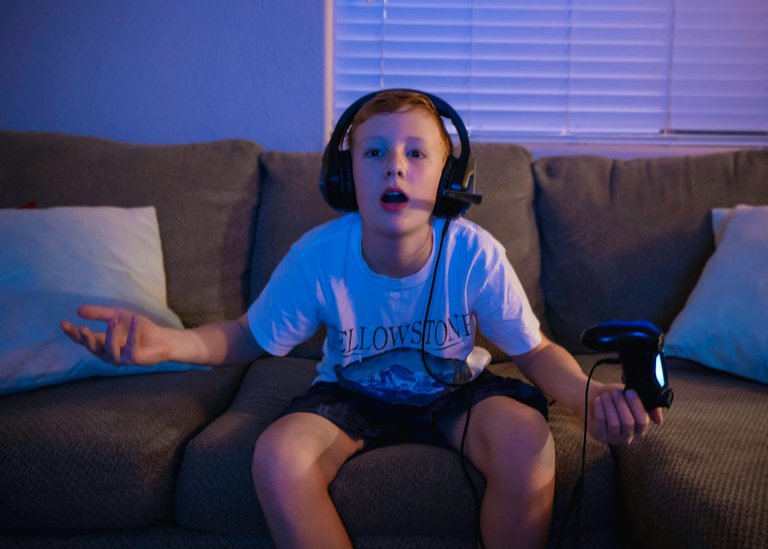The Profitable Friend
Learning new things the hard way has a lot to do with not understanding that experience carries more weight than knowledge.
The difference between knowing fire is hot and actually touching the stove is the former is abstract information, the latter is seared into your memory alongside the smell of singed skin.
First-time experiences hardly ever send the message across in a way that sticks or remains vivid in memory, however much we've accumulated second-hand experiences, i.e stories and advice from others to prepare for similar situations.
For example, all those who've round-tripped a good chunk of their portfolio during the last boom cycle wouldn't get tired of preaching the value of taking profits to newbies that care to listen.
As a listener, I perceive that they speak with a certain kind of fervor similar to reformed gamblers when they share stories of watching six-figure gains evaporate overnight.
When 500% Feels Like Failure
Now, these newbies who've heard and understood the message are less likely to repeat what the veterans have done.
Internalizing the logic is kind of simple. Markets are cyclical, what goes up must come down. Pigs get slaughtered and the house always wins in the long run.
Good for them until the moment to finally take profits comes about and all the preaches for taking profits are weighted less against the possibility of achieving another 10x or perhaps 18x instead of the measly 5x to book at that moment.
Suddenly, the measly 5x switches into viewing it as if multiplying your money five fold is somehow disappointing.
So, the goalpost moves further ahead and what felt like an actual life-changing sum yesterday now feels like leaving money on the table.
Because the fear of missing out drowns out the fear of losing out.
Loss, to them, is still theoretical.
And eight times out of ten, squeezing out more gains is chosen over securing profits, thanks to that frenemy of an emotion called greed.
"Everyone else is getting rich, why not you?"
It makes you feel like you're the smartest person in the room for seeing what others are "too scared" to pursue, or so it seems.
Your Unreliable Ally
Naturally, greed seems like more of an enemy than a friend. The word itself carries negative connotations as it has become associated with Wall Street villains and by extension the worst impulses of capitalism.
But I also find it hard to strictly label it as a "negative" emotion when the same emotion is also a core contributor that pushes people to work harder and build businesses
Take an immigrant parent working three jobs to give their children opportunities they never had.
Is that drive purely noble ambition, or is there a thread of greed woven through it, like a hunger for more than what circumstances initially offered?
Arguably also, the student who takes on massive debt for medical school has somewhere at the back of their mind that they're also pursuing the financial security that comes with being a doctor and not just being called to heal.
A Shifting Line
Traditional job security is fading fast in today's gig economy. The old playbook of showing up, working hard, and trusting the system to take care of you looks increasingly naive.
Especially when rent keeps rising and wages stay flat, greed can act as the fuel that makes people hustle for financial freedom.
I think the tricky part is knowing when greed is your ally through pushing you to grow and take smart risks, and when it becomes your enemy that blinds you to obvious dangers.
The line between healthy ambition and destructive avarice isn't handy ever clear, and it shifts depending on context, timing, and personal circumstances.
Taking profits during a boom cycle on a 5x return seems unappealing to a person who's watching their neighbor's portfolio hit 12x while theirs sits at what feels to them like modest gains, no matter how realistic they tried to get.
It's all a matter of perspective.
A powerful friend who sometimes gives terrible advice but other times opens doors you never knew existed could be a description of greed in this context.
Thanks for reading!! Share your thoughts below on the comments.

That's what FOMO feels like. We probably all feel it to a degree, but after a few start overs, one has to learn (the hard way at least) how good and necessary profit taking is to avoid the vicious cycle of starting over.
Right, I think the prospect of starting over should be enough to reduce much of the FOMO here. Making the decision itself is the harder part as the mind (read emotions) will always try to mess up the execution process. Doing it in an automated way could be a solution here but that means one will have to be more specific on the levels to take profit.
Thanks for stopping by :)